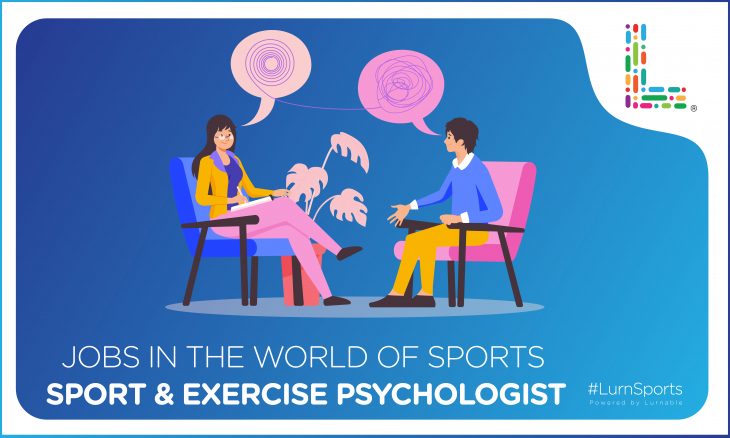You might have recently graduated with a sports science degree and are looking to make your first steps into the working world but are unsure how to do so and if your qualification allows access to these opportunities. This article, focusing on sport and exercise psychologists, is part of a series outlining top sport science job roles, avenues to get into them, and any other relevant information for students looking to progress in their careers.
Sport and Exercise Psychologists
Sports psychologists focus on the mental side of sport and exercise. Their focus is on athletes’ mental processes, motivation types, wellbeing, and any other mental factors relevant to the athletes they’re involved with. Sports psychologists will be responsible for working with athletes and teams from a variety of sports. They will help to develop interventions for individuals or cohorts and deliver sessions focused on mental skills and coping strategies.
Exercise psychologists focus on patients from a non-sporting environment. Their work involves counselling clients with low mental health, creating and analysing exercise programs, and advising on the benefits of exercise.
In terms of career advancement, there will be opportunities for sport and exercise psychologists to progress into private consultant roles and move into senior positions within professional sporting organizations. There is also the opportunity for individuals to transition into a higher education role or start their own private business.
For sport and exercise psychologists, starting salaries begin from £20,000. With experience, salaries can increase up to £37,000, and for senior or heads of departments, can even reach £48,000. At the highest level of elite football, John Smith reports that with 10 years of experience and a manager’s desire to acquire a particular sport psychologist, salaries can be above £100,000. Essentially at the highest levels of elite sport, experienced sports psychologists have the potential to earn high salaries if they are desired by sporting organizations or individual athletes.
To become a sports psychologist’s individuals will need a degree in psychology that is accredited by the British Psychological Society (BPS). This course will normally require BBB-BCC or above at A-Level or MMM at BTEC, in relevant subjects e.g., applied psychology. From there they will have to progress onto a BPS accredited master’s degree in sport and exercise psychology.
To get onto the MSc course students will need to demonstrate relevant experience (e.g., volunteering, placement, internship, etc.) and have achieved a 2:2 as a minimum in their undergraduate degree, however, a 2:1 or above is more likely to be accepted. Finally, students will complete stage 2 of the BPS qualification in Sport and Exercise Psychology, which is 2 years of supervised practice.
Those that wish to do a conversion course and have completed a degree in a non-psychology subject, will have to apply for a BPS conversion course which normally takes 1-2 years depending on if the course is full or part-time. A link for conversion courses is posted below.
An example of a top-level sport psychologist is Dr. Bob Rotella, who works primarily with golfers. He has written a number of books and worked with the highest level of athletes and coaches. A link below is posted of a recent interview.
Dr. Bob Rotella Entry level earnings Average salary Ultimate earning potential Sports and Exercise Psychologist £20,000 £37,000 £100,000 (Premier league professional)












